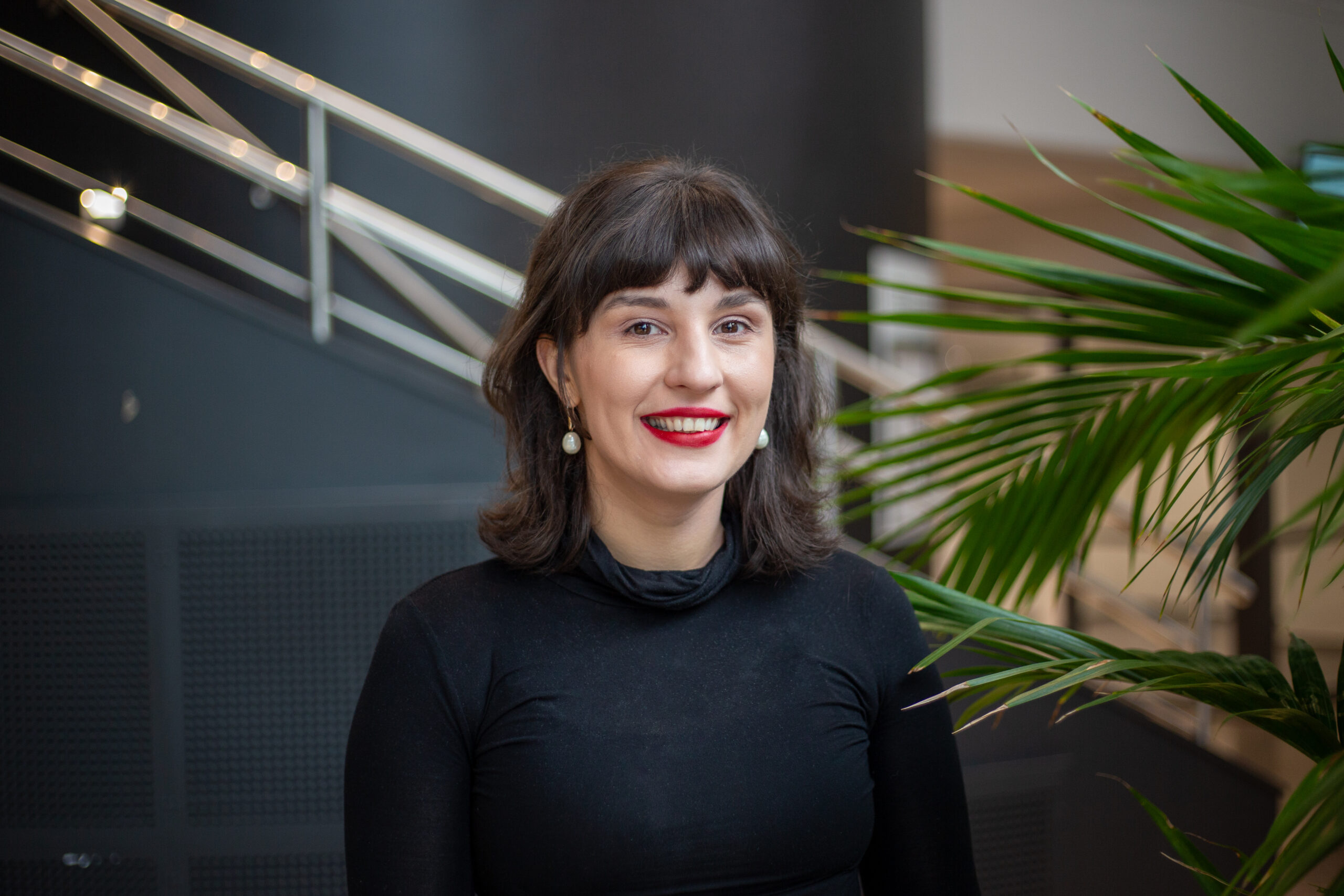
- This event has passed.
Spring 2025 GRASP SFI: Anastasia Bizyaeva, Cornell University, “Nonlinear dynamics of social decision-making and belief formation”
April 16 @ 3:00 pm - 4:00 pm
This will be a hybrid event with in-person attendance in Levine 307 and virtual attendance on Zoom.
ABSTRACT
Motivated by the study of complex social behavior and by the bottom-up design of collaborative autonomy, we present and analyze a nonlinear dynamic model of social belief formation. In our framework, belief updates of individuals are informed by the interplay of external factors, i.e. social network effects, and internal factors, i.e. individual biases and interdependencies between different belief dimensions. The model accounts for networked relationships between an individual’s internal belief representations and nonlinear processing of social information. Our analysis sheds light on mechanistic principles that enable groups to make fast and flexible collective decisions, overcoming deadlocks to form strong beliefs when it is urgent to do so. We show how the structure of a social network and of the underlying belief system graph shapes emergent social decisions in the group, and how effects of local biases and inputs can be amplified through feedback to enable tunably sensitive informed collective decisions. This work provides novel insights into the dynamics of complex social systems and motivates a new approach for the design of distributed decision-making strategies in engineered

